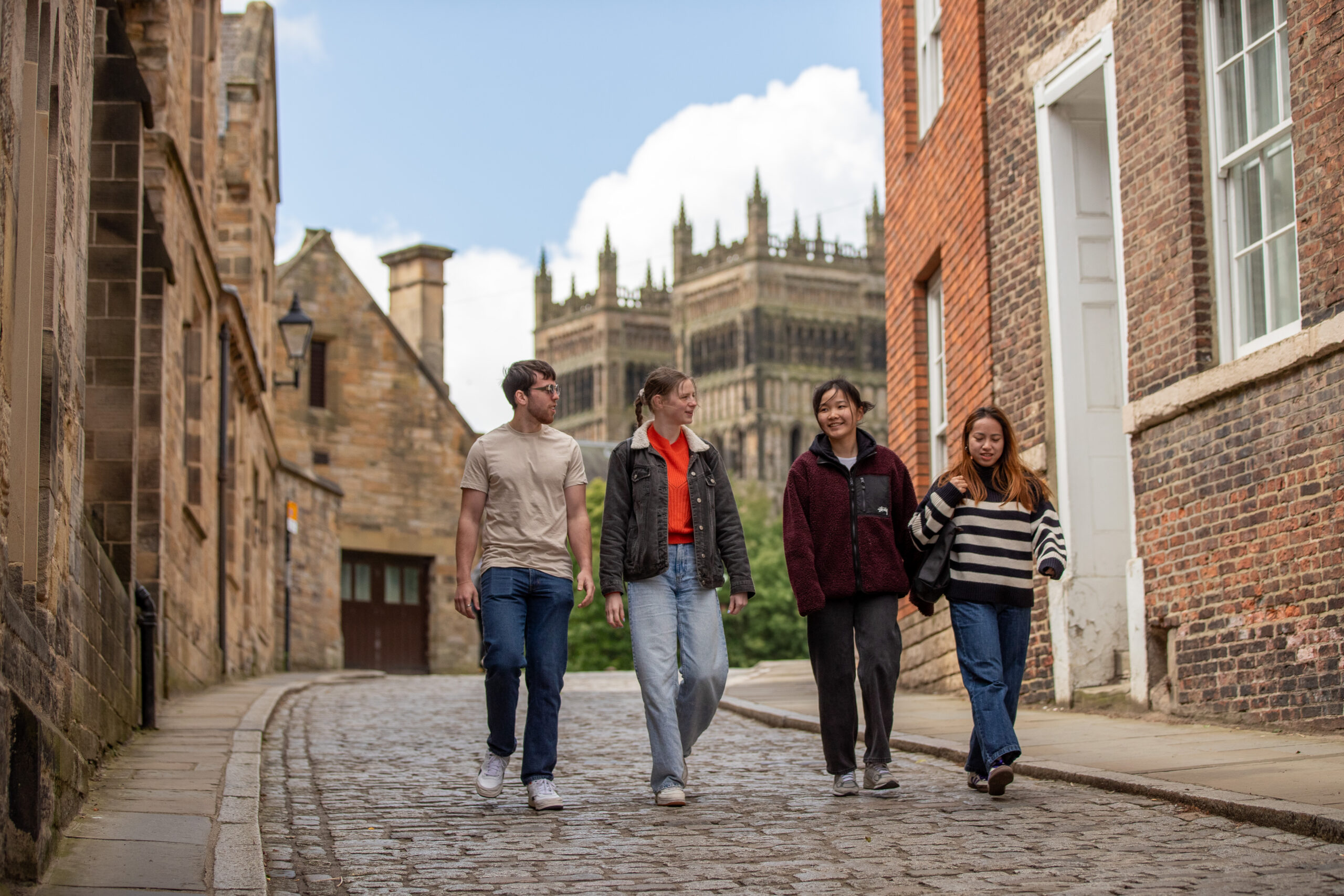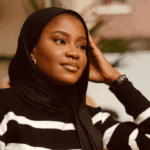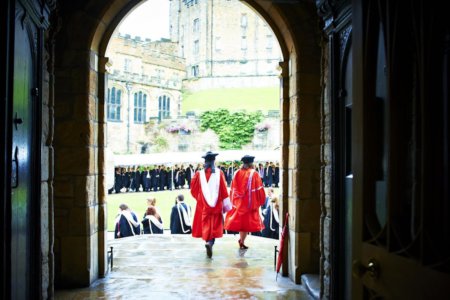Jonbenét Téa Limon has always been fascinated by psychology. Growing up in Victoria, Texas, she developed a deep curiosity about human behaviour and its far-reaching influence. This made her choice of postgraduate discipline clear; however, she was specifically on the lookout for a holistic university experience. Durham University, nestled in the North East of the UK, immediately stood out as the perfect place to fulfil that vision.
“I wanted to pursue my master’s while playing soccer,” she shares. “Joining Durham University meant I would be able to thrive in both. I was also very intrigued by the idea of finishing a master’s degree in one academic year instead of the two years required in the US.”
Hence, Limon’s decision to journey across the Atlantic to an academic environment that very quickly exceeded all her expectations. As an MSc in Behavioural Science student, she has unlimited access to cutting-edge resources in the recently refurbished Department of Psychology, which ranks among the UK’s top 15 departments and the world’s top 100.
These resources have helped her acquire new technical skills like coding with R-Studio. Meanwhile, lessons in behavioural science research, advanced training in quantitative methods, and applying behavioural science principles have only deepend her fascination with forensic psychology and the behavioural development of serial killers — a focus that now shapes her master’s dissertation.

Limon hopes to one day pursue a career in forensic psychology. Source: Durham University
Durham’s MSc Cognitive Neuroscience has been just as eye-opening for Olivia Seargeant. She left behind the sunny skies of Sacramento, California, to dive deeper into the complexities of the human brain. Thanks to the programme’s unique structure, she’s been doing precisely that since starting.
“Durham’s approach to psychology is completely different from what I’m used to,” she says. “At the postgraduate level, it prioritises a lot of programming and seminar-based lectures, while at my previous university, the main form of learning was via lectures and the occasional discussion section.”
Thankfully, the Department of Psychology provides a range of advanced laboratories and facilities that ease the concerns of those new to a more independent approach to learning. These resources also deepen students’ understanding of the mind and behaviour — they are open to anyone pursuing the MSc Developmental Psychopathology or MA Research Methods (Developmental Psychology) too.
Resources include a 3T Whole Body MRI System with integrated eye tracking, a mock scanner for participant preparation, EEG labs, virtual reality suites, anechoic rooms, and tools for genetic, hormonal, and psychophysiological research. Purpose-built spaces, such as a developmental lab for family-friendly research and a mock living room for ecologically valid studies, allow for behaviour to be studied in real-world contexts.
“It’s is quite nice seeing as all the labs and the professors are located primarily in the same building,” says Seargeant. “It is easy to go to labs and practicals and speak with the respective professors if needed, which is definitely comforting.”Access is especially vital at this stage of Seargeant’s journey. Under the supervision of Dr. Haemy Lee-Masson, she’s working on a dissertation project that explores the impact of childhood maltreatment on social touch encoding in adolescents.
A connected collegiate community
Durham’s collegiate system makes it the perfect place to balance out the rigours of a psychology degree. The university prioritises forming tight-knit communities where students forge lasting friendships and find essential support.
Limon loves that Ustinov College keeps calendars packed with events to strengthen bonds among learners far from home. For Seargeant, the traditions of University College — complete with formal dinners in a medieval castle — add a touch of magic to the Durham experience.

After graduating from Durham, Seargeant hopes to pursue a PhD in either Neuroscience or Clinical Psychology. Source: Durham University
The city’s rich history and sense of place typically have this effect on students. Its UNESCO World Heritage Site, encompassing the awe-inspiring Castle and Cathedral, is a constant reminder of the enduring connection between Durham’s storied past and its dynamic present.
Beyond college life, Durham hosts more than 200 clubs and societies, ensuring there’s something for everyone. Limon has found a second home with the Women’s DUFC, and Seargeant has reignited her passion for water polo as a member of Team Durham’s W1 squad.
Their experience aptly reiterates Durham’s broader commitment to inclusivity and ties seamlessly with the Department of Psychology’s Athena Swan Silver Award — held since 2013. This recognition underscores the division’s proactive efforts to promote gender equality across all spheres of university life.
“It’s encouraging to see the number of women in this department and in my programme,” says Seargeant. “Higher education in general can sometimes be predominately male and so to see such strong and successful women in this field makes me feel supported in my education.”
Follow Durham University on Facebook, X, YouTube, WordPress, Weibo, Instagram and LinkedIn













